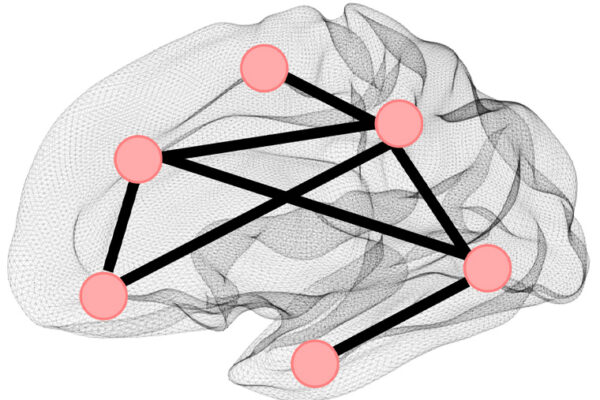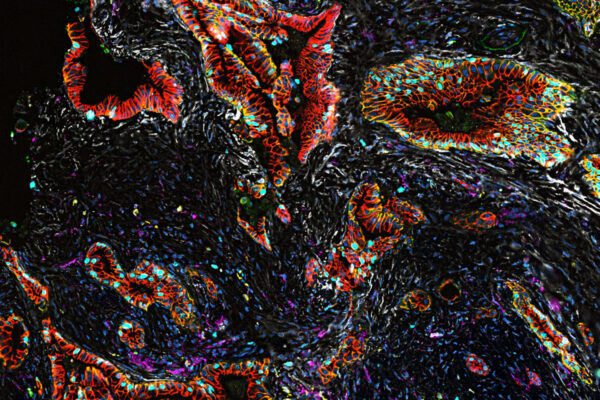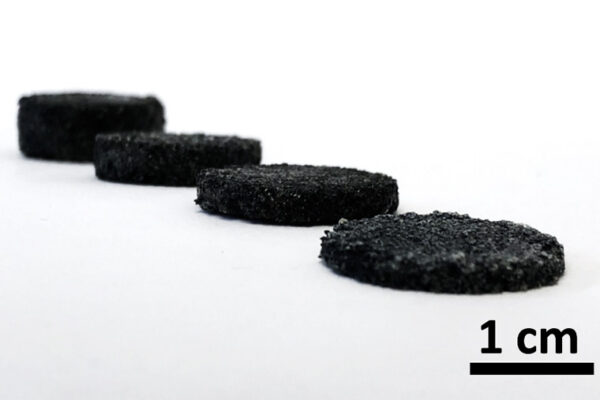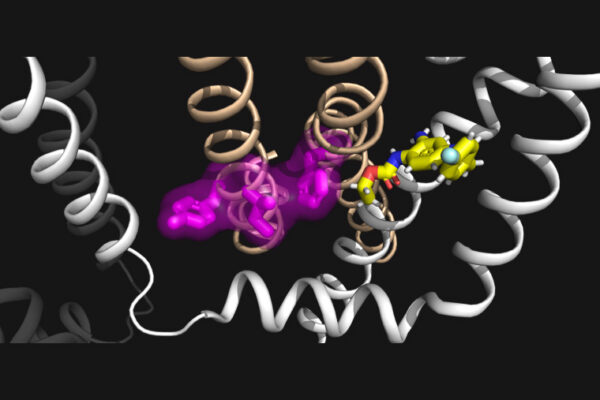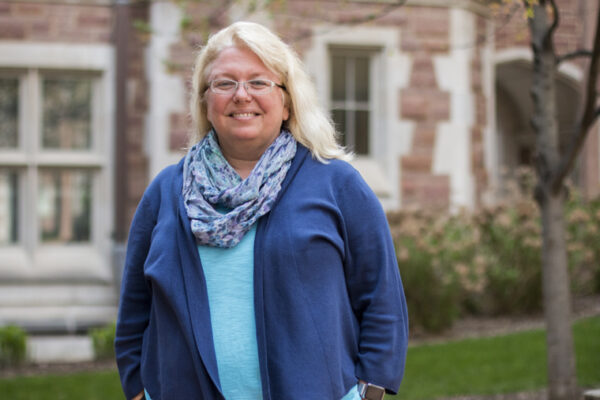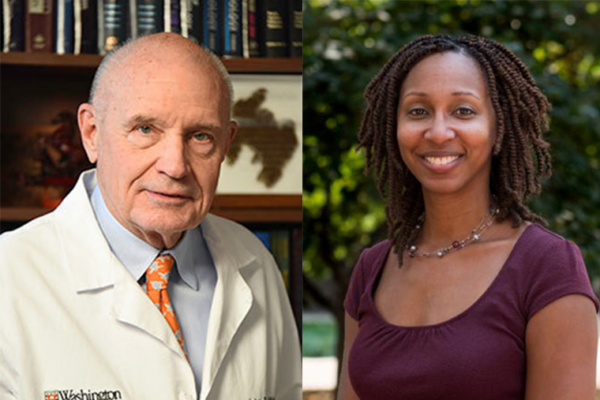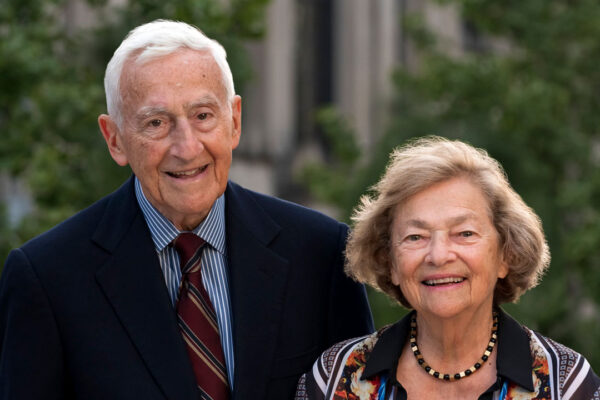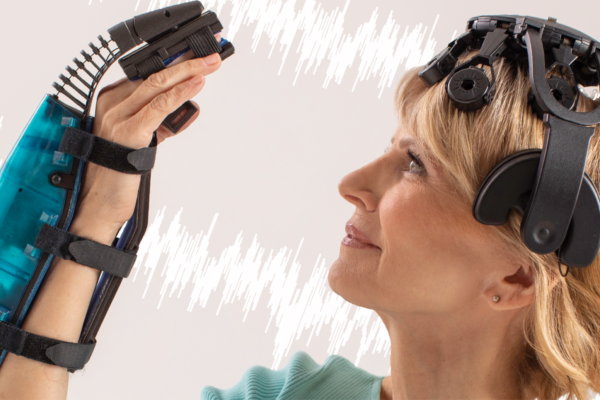Modeling personalized medicine for neurocritical illness
ShiNung Ching and collaborators are working with a $1 million NIH grant to predict and prevent some injuries related to neurological illnesses.
Study offers insights into how pancreatic cancer develops
A new study from Washington University School of Medicine has revealed the details of two key transition points in the development of pancreatic cancer. The study provides insights into treatment resistance and how immunotherapy could be harnessed to treat this aggressive tumor type.
Lu studies potential benefits of AI in health care
Chenyang Lu at the McKelvey School of Engineering is evaluating the potential use of artificial intelligence to benefit patients’ health — and doctors’ well-being.
Spongy electrodes designed for better births
Spongy electrodes developed in the lab of Chuan Wang at the McKelvey School of Engineering will help map the uterus to better understand preterm birth.
Study reveals novel mechanism behind epilepsy, drug modulation
Researchers in Jianmin Cui’s lab at the McKelvey School of Engineering have looked at drug interactions and mechanisms behind a group of proteins to potentially develop a new strategy to treat epilepsy.
Barch receives Research Investigator Prize
The American Psychological Foundation has awarded its Alexander Gralnick Research Investigator Prize to Deanna Barch, professor in Arts & Sciences and at the School of Medicine.
Sugar metabolism is surprisingly conventional in cancer
A study in Molecular Cell led by chemist Gary Patti in Arts & Sciences shows that cancer cells don’t want to waste glucose, they just consume it too quickly. The discovery was made possible with metabolomics, which allowed Patti and his team to observe the speed at which small molecules move through cells.
Atkinson, Wingfield receive faculty achievement awards
Adia Harvey Wingfield, in Arts & Sciences, and John Atkinson, at the School of Medicine, will receive Washington University’s 2022 faculty achievement awards, Chancellor Andrew D. Martin announced.
Lasting leadership
In the 1960s and ’70s, P. Roy Vagelos, MD, brought together scientists in biology and biomedicine from across the university and created two pioneering training programs. Over a half-century later, MSTP and DBBS continue to train physician-scientists, improve human health and advance medicine.
A helping hand
Meet the two scientists behind the IpsiHand, an innovation approved by the FDA in 2021 that is helping patients debilitated by stroke move again.
Older Stories
